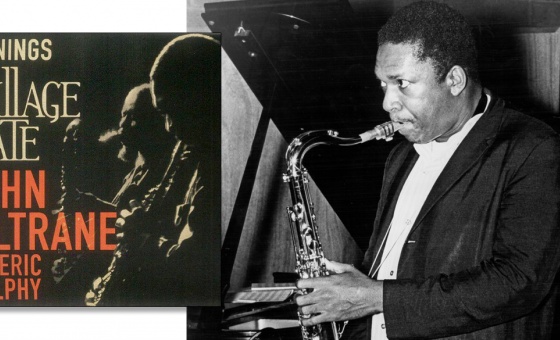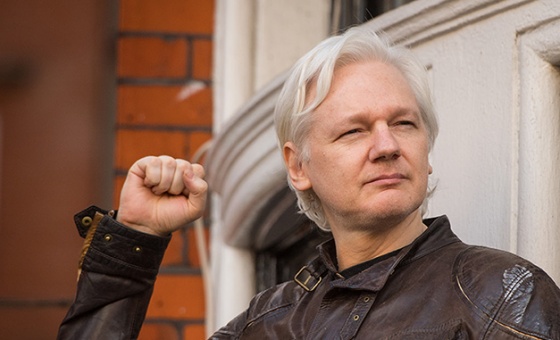This is the last article you can read this month
You can read more article this month
You can read more articles this month
Sorry your limit is up for this month
Reset on:
Please help support the Morning Star by subscribing here
BRITONS caught in the Beirut blast have described “earthquake-like” scenes as shock waves from the massive explosion ripped through the city, killing more than 100 people on Tuesday.
The Foreign Office said that it was not known yesterday how many British citizens were affected by the explosion at the Lebanese capital’s port.
Speaking about the terrifying events, Richard Gordon-Smith from Twickenham said that the force of the blast was like “being slapped in the face.”
The 39-year old language teacher was more than 12 miles from the location.
“Suddenly, I simultaneously heard a very loud noise and felt something hitting me, almost like a slap in the face, like a strike in my ear and my eardrums reverberated painfully.
“I thought it was the next neighbourhood along, I didn’t think a shock wave could have come all the way from Beirut.”
Claire Malleson from Dorset, who works for the American University, was jogging when the explosion hit.
“Everyone was walking in a daze. Everyone was saying they felt earthquake-like shaking and buildings had been shaking before the explosion.”
Officials said yesterday that the blast caused damage to almost half of the city, leaving more than 4,000 people injured and many still stuck under the rubble.
Lebanese Prime Minister Hassan Diab said that the disaster was caused by the explosion of 2,700 tonnes of ammonium nitrate which had been stored in a warehouse for six years.
The British government said it was “working quickly and at speed to look at a package of support” to help Lebanon.
Trade unions and campaign groups sent messages of solidarity to the people of the Lebanese capital.
The Fire Brigades Union said: “Our thoughts immediately turn this morning to the firefighters reported missing in Beirut.
“Solidarity with them, their families and all emergency service personnel at the scene. You are doing incredible work in the hardest of circumstances.”
Interpal, a British-based charity that has delivered aid to Lebanon for over 25 years, said that it was concerned that the disaster could worsen the country’s crippling economic and political crises.
Its chairman Ibrahim Hewitt said: “The explosion could not have happened at a worse time. Lebanon is experiencing its most serious economic crisis which, coupled with the Covid-19 pandemic, has brought the country to its knees.”
To support Interpal’s emergency response in Lebanon, visit https://www.interpal.org/lebanon-emergency/









